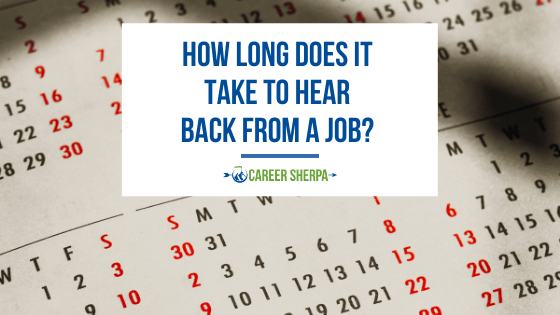
If you’ve been satisfied with a “placeholder” LinkedIn profile up to this point, or feel like landing a job through the site isn’t a viable option, we’ve got some news for you. The hiring landscape has changed, permanently, and those who adapt will secure the best opportunities.
Here are five of the biggest mistakes people make on their LinkedIn profiles:
1. Not Using The Headline To Its Fullest Potential
Pull up your profile and take a look at the “headline” that’s immediately underneath your name. If all it does is list your current job title and the company you’re working at, change it! LinkedIn headlines accept a maximum of 120 characters. Use this space to directly address your audience, whether it’s recruiters, fellow professionals, or potential clients.
In your LinkedIn headline, list your skills after your current job title and company. These skills are keywords that will help you show up in search results on LinkedIn. This will allow recruiters and hiring managers to find you, and they’ll be more likely to click on your profile if your LinkedIn headline is optimized with relevant skills, the skills they’re looking for in a job candidate, and potential employee.
2. Rehashing Your Resume In The “About” Section

While lifting content from your resume to fill out the “About” section of your LinkedIn profile is easy, it’s also ineffective. Your “Experience” section should look identical to your resume. Your summary, located in the “About” section, should not.
One of the biggest mistakes you can make on your LinkedIn profile is not including your personal branding statement in the “About” section. You need to communicate how you create value, how you save or make companies money as a business-of-one. What is your specialty? Then, after your personal branding statement, list your core skills and accomplishments, which will further increase your chances of being found by recruiters and hiring managers.
3. Not Having Recommendations

Recommendations are crucial to establishing credibility on LinkedIn. A few sentences singing your praises by a former boss or colleague can do more for you than paragraphs of self-congratulatory prose.
Here’s a message template you can use when reaching out to someone through LinkedIn for a recommendation:
Hi [Name]
Hope all is well! I really enjoyed working with you on/at [project/company] and would be very grateful for a brief LinkedIn recommendation. If you could touch on my capabilities in [quality #1] and [quality #2] that would be a huge help. Just a few sentences is all I’m after. It was a real privilege working with you, and I know that a recommendation would significantly boost my profile. Thanks in advance for your time, and hope to hear from you soon.
Thanks, [Your Name]
Remember to return the favor, too!
4. Adding Non-Relevant Skills And Endorsements

If you’re currently seeking an HR director role but the bulk of the skills and endorsements on your profile relate to your days as an administrative assistant, that mismatch is going to affect how frequently your profile turns up in searches recruiters and employers run for HR director candidates. Align the skills in your profile with current (not past) aspirations.
On LinkedIn, search for people who have the job you want. Bring up the first few profiles that come up (these are usually the most visible professionals on the site) and review their “Skills and Endorsements” section. Make a note of skills they’re frequently endorsed for which you possess. Then, add these skills to your profile.
Expert tip: endorsing the skills of other people in your network is the fastest way to have your skills endorsed as well. Visit the profile page of anyone in your network and you’ll be greeted with opportunities to start endorsing them (and others).
5. Not Including Personal “Hooks”

It’s amazing how often a seemingly insignificant detail about a person’s non-work life will result in an interview. Familiarity is a powerful motivator. If someone feels like they know you, or that you share a major interest, they’re much more likely to pursue a connection. Here are some sections you can fill out on LinkedIn to provide those personal “hooks”:
- Volunteer Experience (avoid inserting anything polarizing here, such as religious or political activities)
- Causes you’re interested in
- Joining non-professional LinkedIn Groups (ex. Awesome Mountain Biking, Women in Photography)
- Personal Interests
Connection happens through storytelling! Does your LinkedIn profile tell your story?
If you’ve made some of these mistakes on your LinkedIn profile, that’s okay! It’s not the end of the world. Now you can take the steps to fix them so you’re left with a well-optimized, complete LinkedIn profile that will get you in front of the right recruiters and hiring managers!
Need more help optimizing your LinkedIn profile? Sign up for our FREE Resume & LinkedIn Bootcamp!
During this bootcamp, you will learn:
- How to properly format and optimize your resume
- How to optimize your LinkedIn profile
- How both of these tools can help you stand out
Interested? Sign up today!
This article was originally published at an earlier date.































